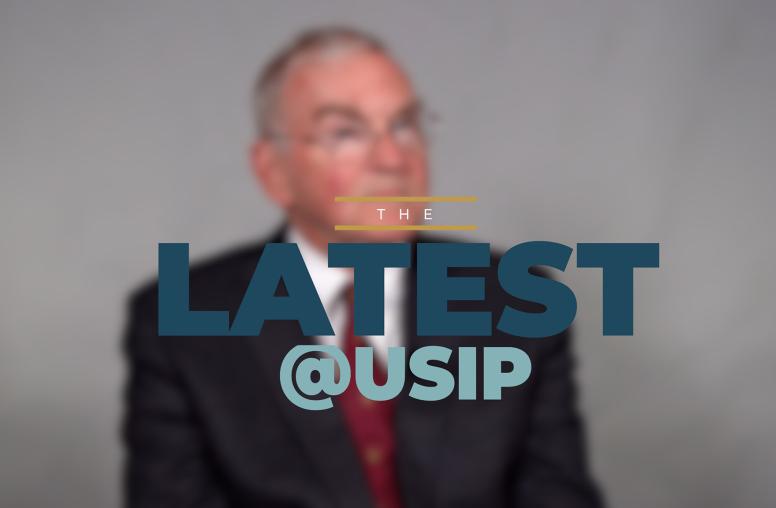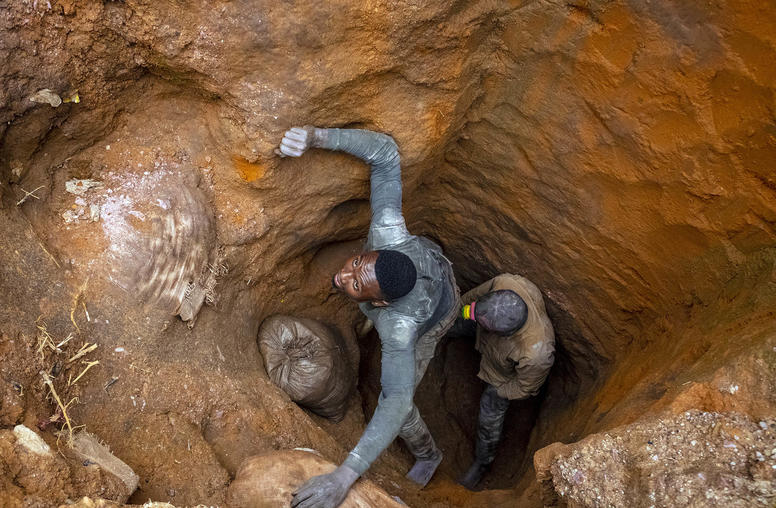Improving Public Finance Management to Enhance Aid Effectiveness
Ongoing attempts to modernize U.S. foreign assistance and increase development support would only be effective if developing countries have capable public financial management (PFM) systems in place. Unfortunately, most recipients have weak institutions, fragile policy frameworks and significant human resource deficiencies. Although some progress has been made in many developing countries, very little attention has been paid to resolving the particular challenges facing conflict-affected states. Strategies must be designed to address these shortcomings to ensure aid effectiveness and sustainable post-conflict recovery. This event reviewed recent bilateral, multilateral and private sector programs that provide technical assistance to improve public finance management and discussed the relative efficacy of these efforts in countries affected by conflict and those that are not. Panelists used case studies to demonstrate how the U.S. (and other international partners) could minimize fiduciary risk in receiving countries by strengthening public financial management capacity. Conclusions and recommendations will help inform economic dimensions of state building and illustrate the complementarity between foreign assistance initiatives and public finance management. These implications of the global economic crisis for pledged and future levels of development assistance make this discussion very timely. Improved public financial management is central to efforts to make every dollar count in receiving countries.
Media Inquiries
Please contact Ian Larsen (+1.202.429.3870) or Lauren Sucher (+1.202.429.3822) in the Office of Public Affairs and Communications.
Archived Audio
To listen to audio or to view video, please click on the links provided below. You also can right click on the links and choose "Save Target As" or "Download Linked File." This will save the file to your computer and then allow you to play it in your media player directly. More Audio Help.
- Listen to the audio from this event.
02:04:03 - 24.1MB
Speakers
- Larry McDonald
Deputy Assistant Secretary for Technical Assistance, U.S. Department of the Treasury - Andrew Cunningham
Managing Director (Middle East and Balkans), Financial Services Volunteer Corps - Lex Rieffel
Senior Fellow, Global Economy and Development, The Brookings Institution - William Byrd
Adviser, Fragile and Conflict-Affected Countries Group, Operations Policy and Country Services, The World Bank - Raymond Gilpin, Moderator
Associate Vice President, Center for Sustainable Economies, U.S. Institute of Peace



